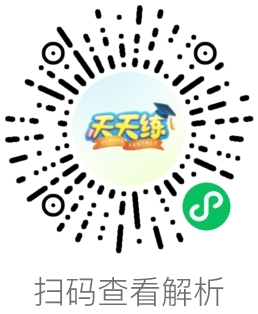

















| Secret of the Dragon Time: Monday, July 1, 2017, 10:30 am Cost: Adult $7. 40 Children (under 15 years): half Bookings: Phone the booking office: 3403 2578 Address: Brisbane Botanic Gardens Note: Secret of the Dragon is a magical story about two children who are taken on a dragon ride to explore the universe. | The Search for Life: Are We Alone? Time : Thursday, July 4, 2017, 2:00 pm Cost:Adult: $14. 5 Children (under 15 years): $8. 70 Bookings: Phone the booking office: 3403 7689 Address: Brisbane Botanic Gardens Note: Are we truly alone in space? Is there any life out there?These are the questions asked in this show. |
| Magic Class Time: Friday, July 12, 2017, 10:00 am Cost: Free Bookings: Please call 3403 8470 to book your place. Address: Centenary Community hub, 171 Dandenong Rd Note: Would you like to be a magician? Then join David, the magician, to learn about real magic with playing cards, coins, ring ropes and DIY projects and be able to become the life of the party. | Science with Me: Making your own guitar Time: Saturday, July 20, 2017, 3:00 pm Cost: Free Bookings: Please phone 3403 1226 to book your place. Address: 10, Egginton CloseNote:Do you want to make a guitar with Katy and her mom? Science with Me is going to be with you. Please remember to bring a piece of wood, a hammer, some rubber bands and some nails with you. |